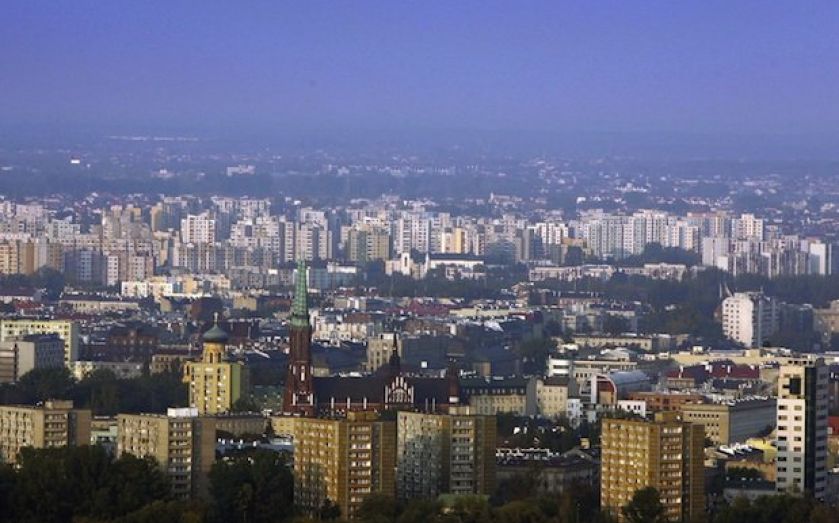Why Poland’s recovery from communism has lessons for Britain now

POLAND was the only EU country to avoid a recession during the financial crisis of 2007-2009. Polish GDP is now 36 per cent higher than it was in 2005. To put this in context, the comparable figures for the UK and Germany are 5 per cent and 12 per cent respectively. By any standard, the Polish economy has been a stunning success.
A key feature was the very rapid way in which the country adapted to the shock of the collapse of the Soviet bloc. The era of the planned economy, which had existed for 40 years, was suddenly over. The initial impact was a very sharp fall in output, of at least 15 per cent between 1989 and 1991. Yet by 1995, this drop had been eliminated. By 2000, GDP was over 30 per cent higher than it had been in 1989.
Economies can not only survive dramatic shocks, but can clearly use them to their advantage and prosper. Are there lessons here for the UK, at a time when the prospect of leaving the EU has become more than a remote possibility? Why was it that Poland was able to bounce back so strongly? Russia, the heart of the old Soviet Union, proved completely unable to respond to the frightening new world of markets and competition, and by 1996 output had fallen by over 40 per cent compared to 1989.
Both economies had very similar legacies of heavy industry and a large, unproductive peasant sector. Both – at least communism was good for this – had substantial numbers of well-educated young people, especially in technical subjects. One was resilient in the face of a shock, the other was not.
At a meeting in Warsaw earlier this week, Andrzej Nowak of Warsaw University presented a fascinating, non-economic explanation for Polish success and the resilience exhibited after the collapse of the planned economy. Nowak, a psychology professor, argued that narratives provide the structure by which people understand the world. The Poles created a positive narrative. They constructed a social reality which enabled them to innovate and to overcome the massive economic shock that had hit them.
Economists find it very hard to explain how people can take decisions in conditions of genuine uncertainty such as this, when there is little or no idea of the probability with which different outcomes might occur. The past ceases to be a guide to the future. Uncertainty could simply lead to paralysis, to a complete inability to make any sort of decision. Instead, people can construct positive narratives, stories which give them the confidence to act. The Poles acted, the Russians were paralysed.
If the UK were to leave the EU, we would face a similar issue. Conventional economic policies would not be irrelevant, but much more would depend on the national psyche, the narrative which we built. One response would be to cower in a security blanket. The other would be to embrace the challenge, and to orient ourselves firmly to the more dynamic parts of the world economy.
Paul Ormerod is an economist at Volterra Partners, a visiting professor at the UCL Centre for Decision Making Uncertainty, and author of Positive Linking: How Networks Can Revolutionise the World